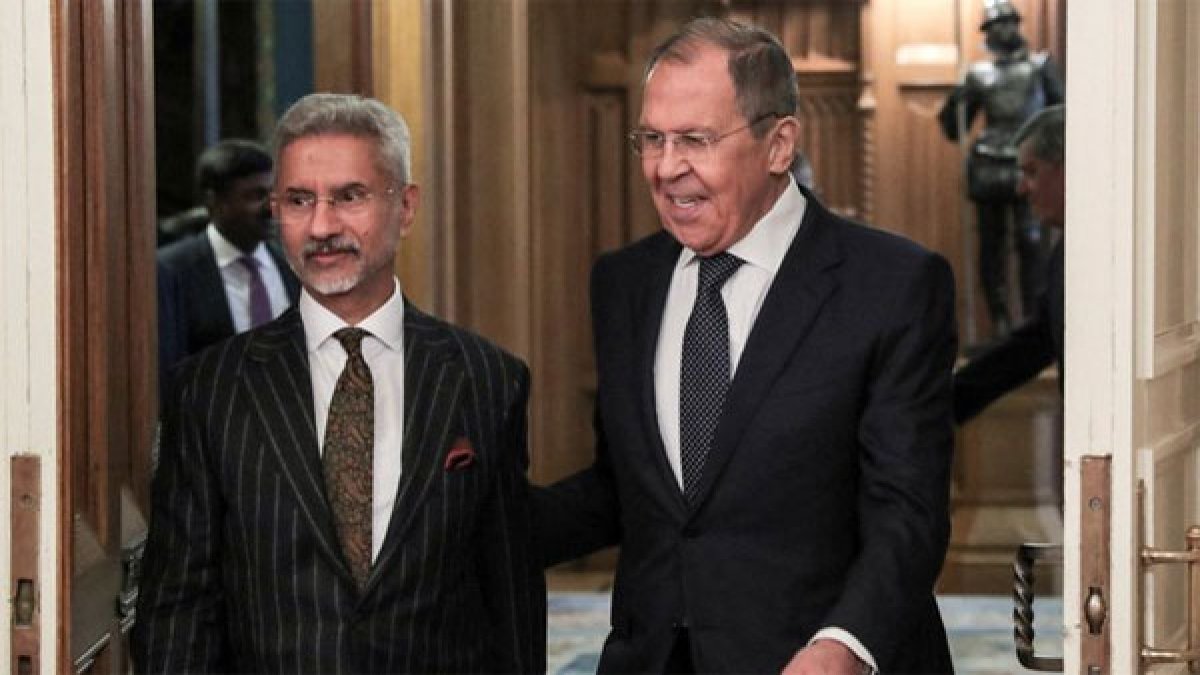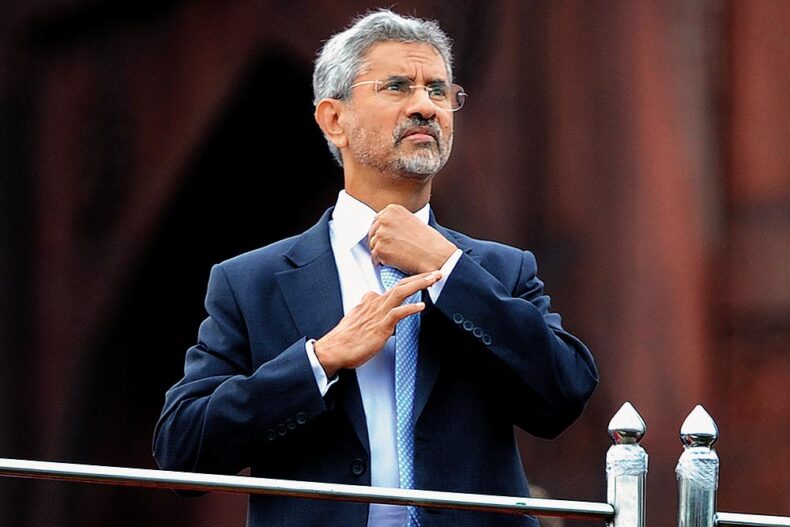Although India importing Russian oil does not “run afoul of the sanctions,” the US claimed that it has made it clear that this is not the time for business as usual with Russia. Given what we have seen from Russia, it is in everyone’s best interests for India to gradually reduce its reliance on that country, but it also serves bilateral interests, according to Ned Price.
The US sent a message reiterating its position and saying it is in the collective interest for India to decrease its dependence on Russia, but again the issue is of India’s bilateral interests with Russia, US State Department spokesperson Ned Price said.
A day after foreign minister S. Jaishankar asserted that India will continue buying oil from Russia because it is to India’s advantage, the US said it is in the collective interest of India to decrease its dependence on Russia. The representative claimed that nations have discovered the hard way that Russia is an unreliable source of energy. “Russia is not a dependable source of security support. Russia is not at all trustworthy in any area “Ned Price furthered.
Ned Price argued that India should reduce its reliance on Ukraine because doing so is in the interests of the country as a whole, not the region or Ukraine.

In response to a question about the US’s position on whether the US is okay with countries doing business with Russia as long as those countries also condemn the ongoing war, he added, “It’s in the collection Interest that India decreases its dependence on Russia over time, but it’s also India’s own bilateral interest given what we have seen from Russia.
“To be clear, we did not accidentally exclude oil and gas, or the energy sector, from the sanctions put in place against Russia. Therefore, the fact that India continues to seek out oil and other forms of energy from Russia despite the sanctions is not anything that violates them “Ned Price responded in response to the query.
Ned Price added that they have made it quite clear that now is not the time to conduct business with Russia as normal and that all nations must work together to sever these ties on an economic level.
While India and Russia have long-standing ties, the US State Department spokeswoman recognized that India has reiterated its position against the warning.
Ned Price noted that the White House stressed the fact that the relationship between India and Russia had evolved and been solidified over many years. During the Cold War, the United States was not in a position to be India’s economic, security, or military partner, he said.

The US representative continued, “That has altered over the last 25 years or so.” He described it as “truly a legacy” and “a nonpartisan legacy” that this nation has built up over the previous 25 years.
He said that they were always aware that this is a transition that won’t happen right away, in a matter of months, or even over the course of a few years.
As refiners purchase discounted Russian oil that Western purchasers have rejected in response to Russia’s invasion of Ukraine on February 24, India has replaced China as Russia’s second-largest oil customer.
India, the third-largest oil importer in the world and a longtime Russian ally, hasn’t publicly criticized what Russia refers to as its “special military operation in Ukraine.” Jaishankar claimed that it was their top priority to ensure that Indian consumers had the best possible access to global (oil and gas) markets on the most advantageous terms.
According to Jaishankar, India and Russia have an “exceptionally” stable and long-standing relationship. The goal is to create a balanced, mutually advantageous, and long-term engagement against the background of growing economic cooperation.
According to news reports, India’s shipments of diesel to Europe increased as a result of the conflict in Ukraine. Refinitiv’s Commodity Research reported that Indian refiners increased their exports to Europe, averaging 730,000 million tonnes per month post-invasion, or 21% of its total exports of 2.64 million tonnes per month, peaking at a high of 1.1 million tonnes in March, compared to the pre-invasion average of 570,000 mt/month.

Read More: Green Bonds – concept and challenges in implementation













